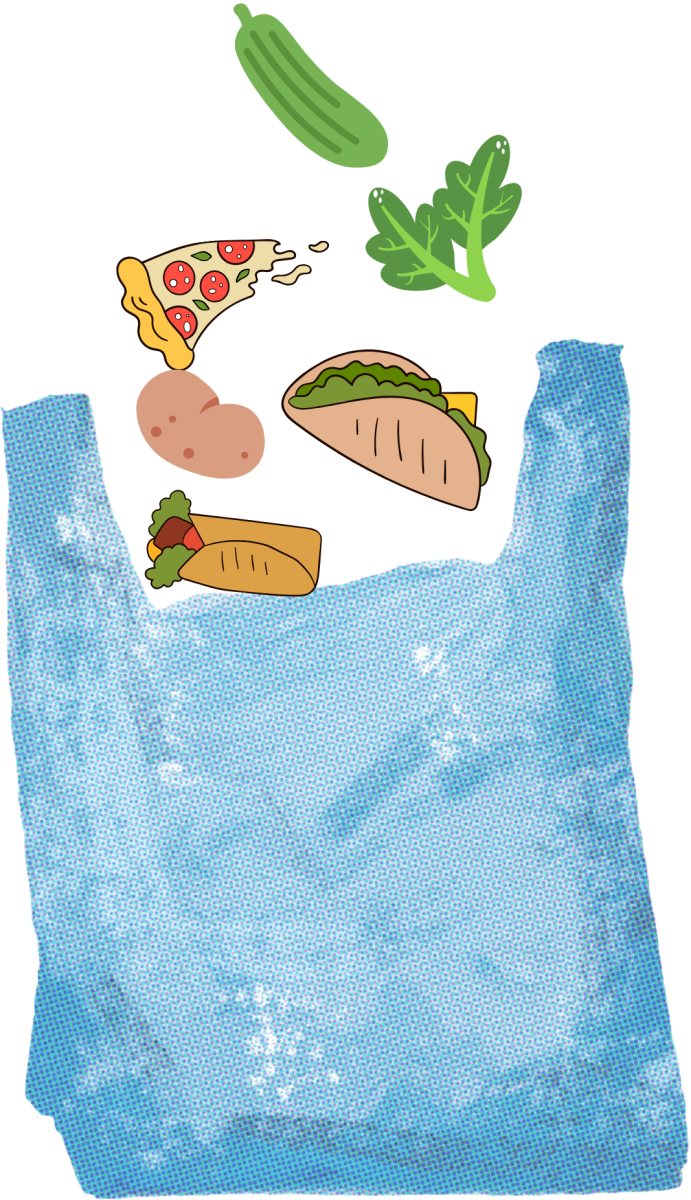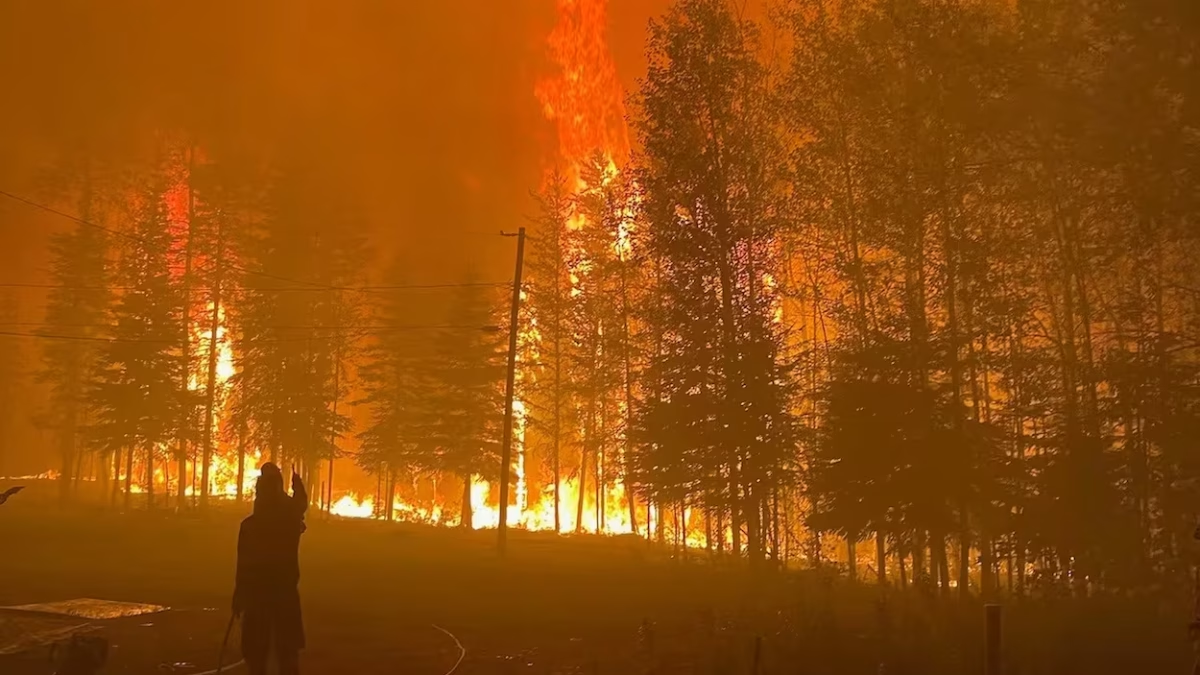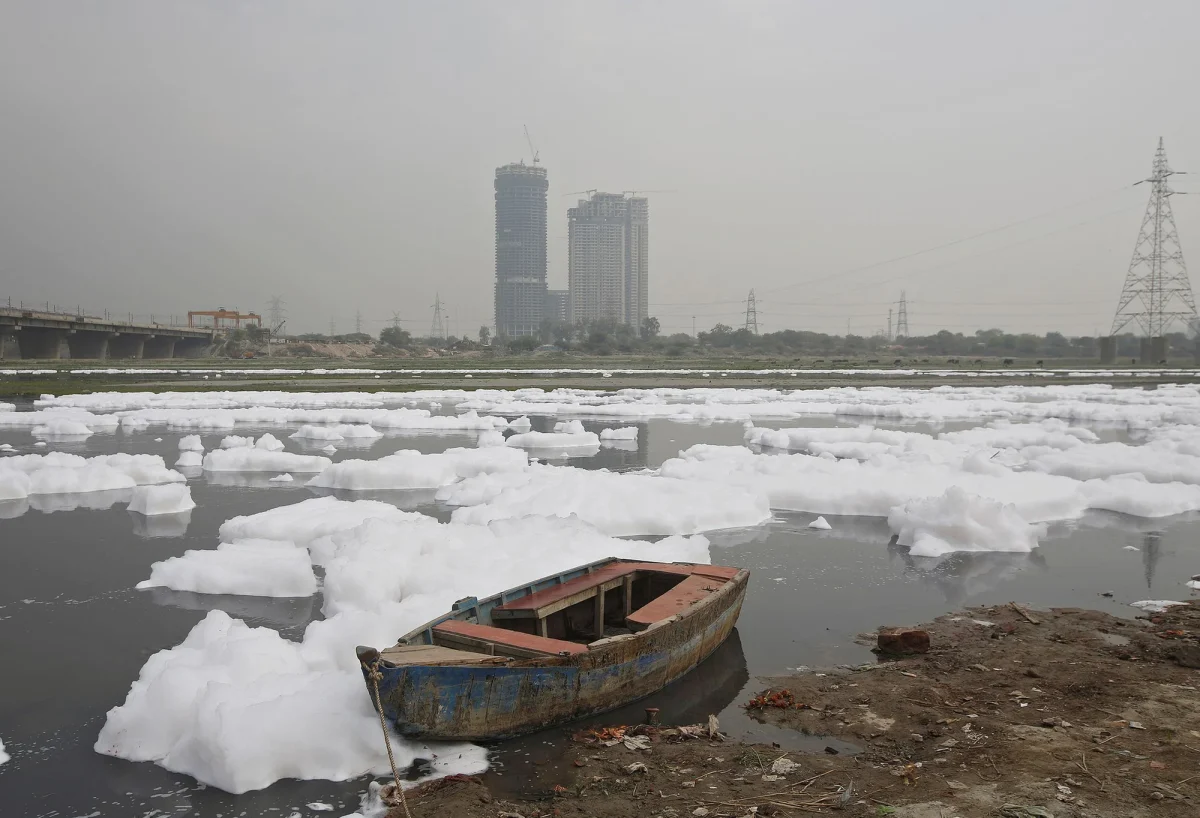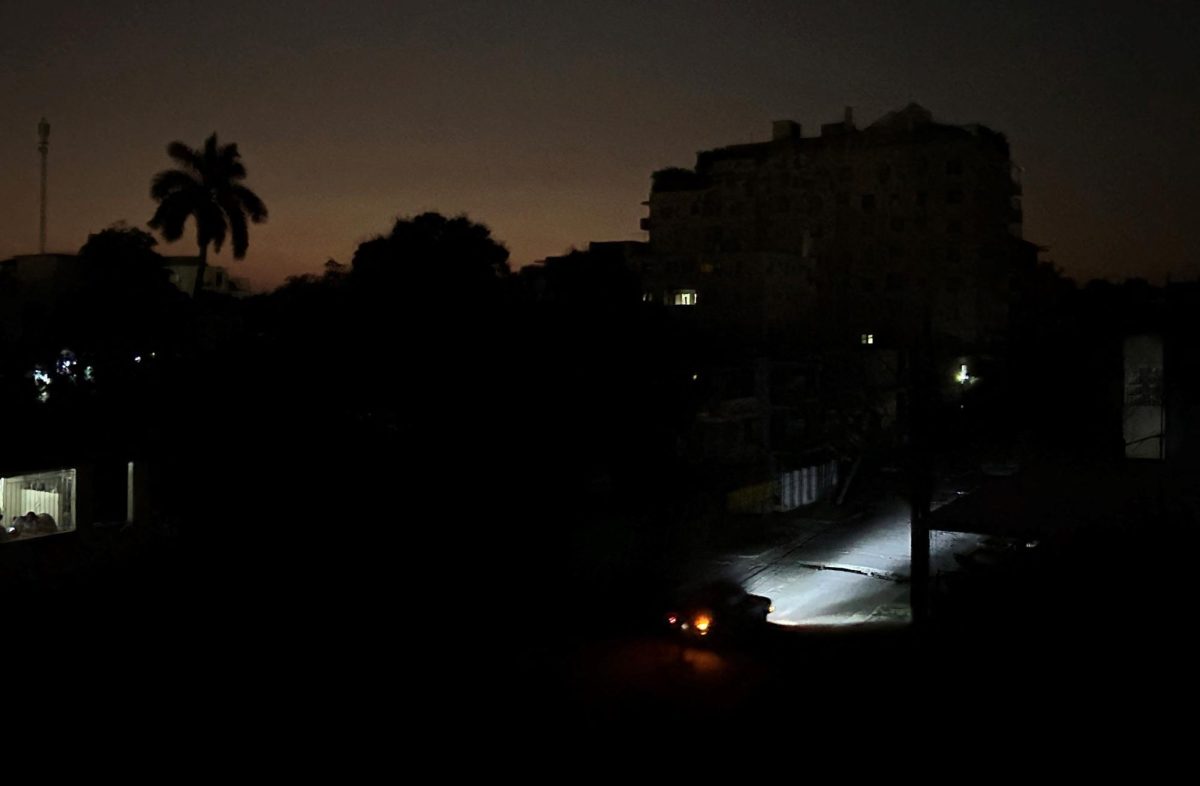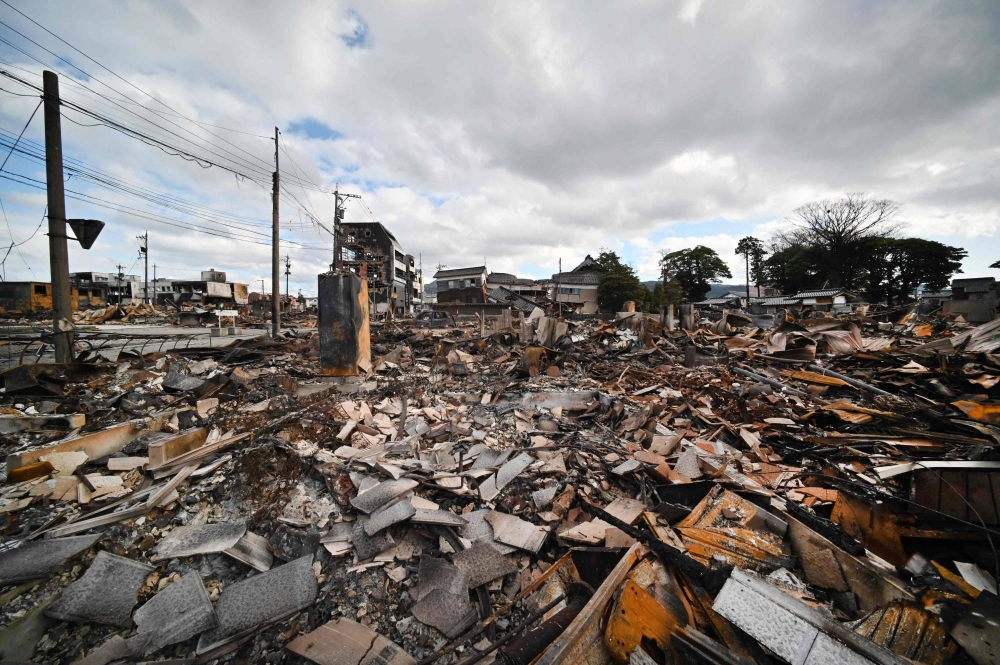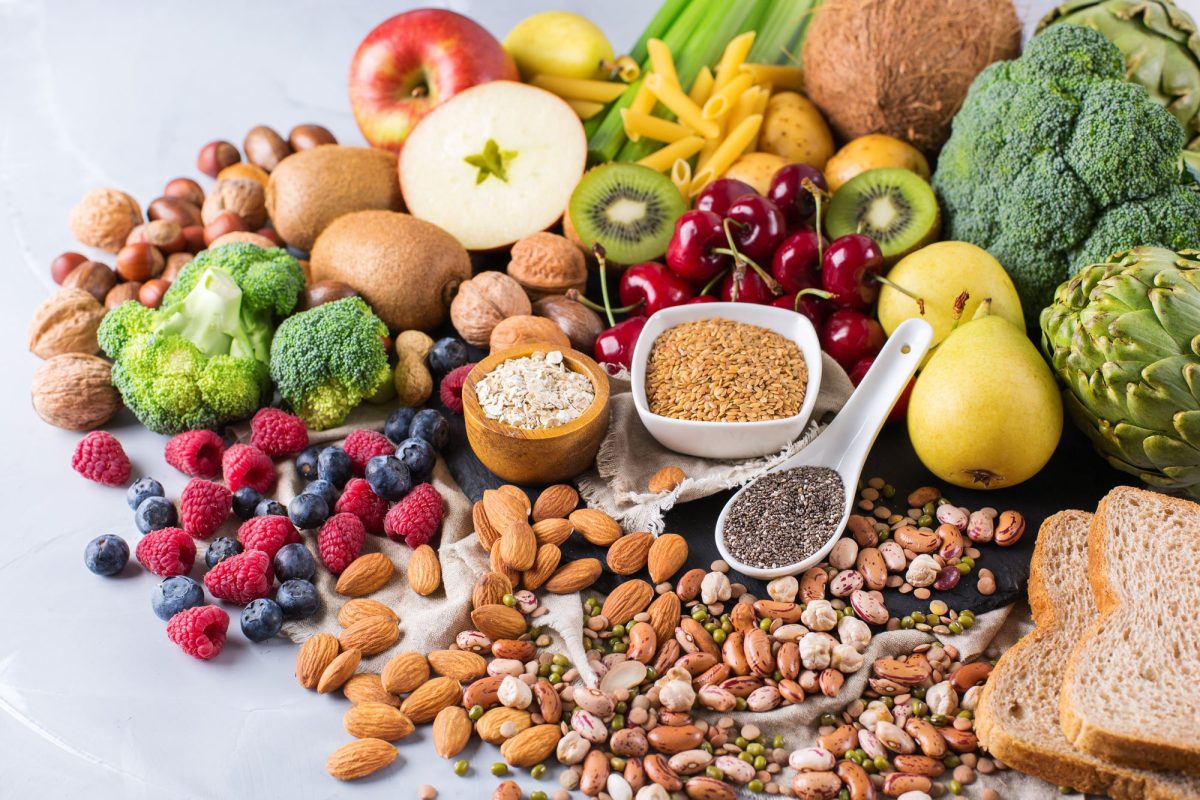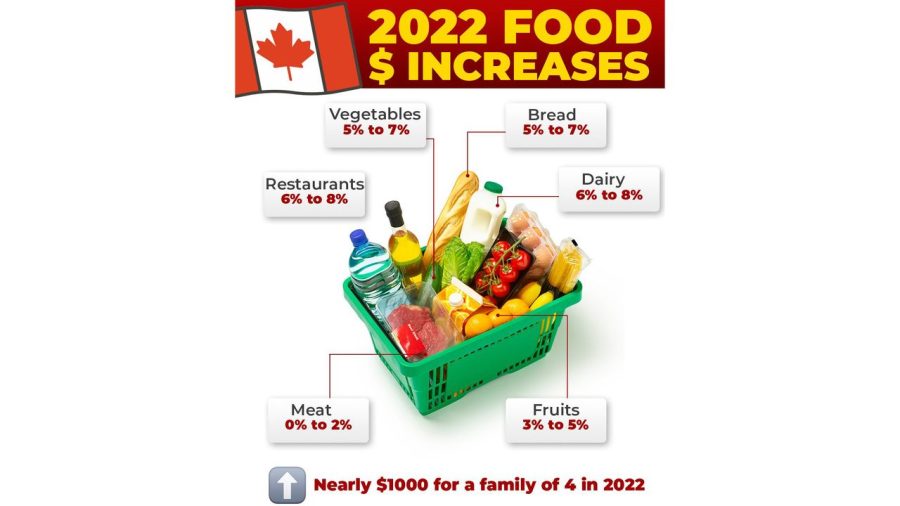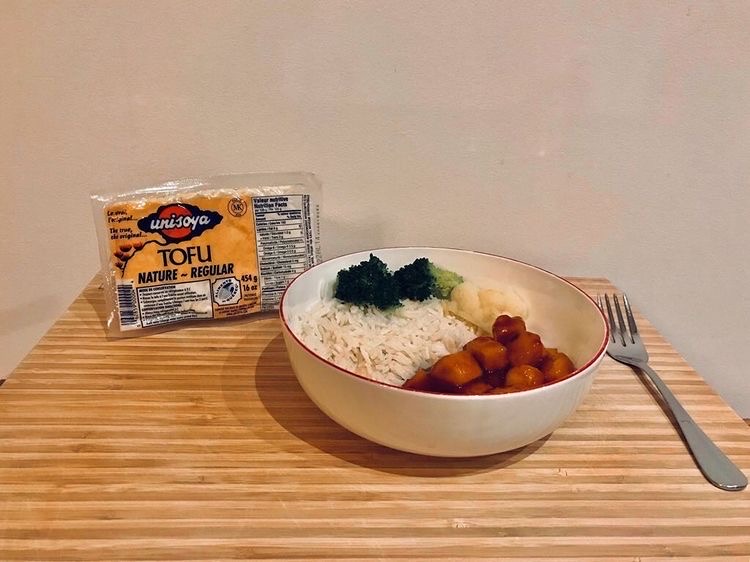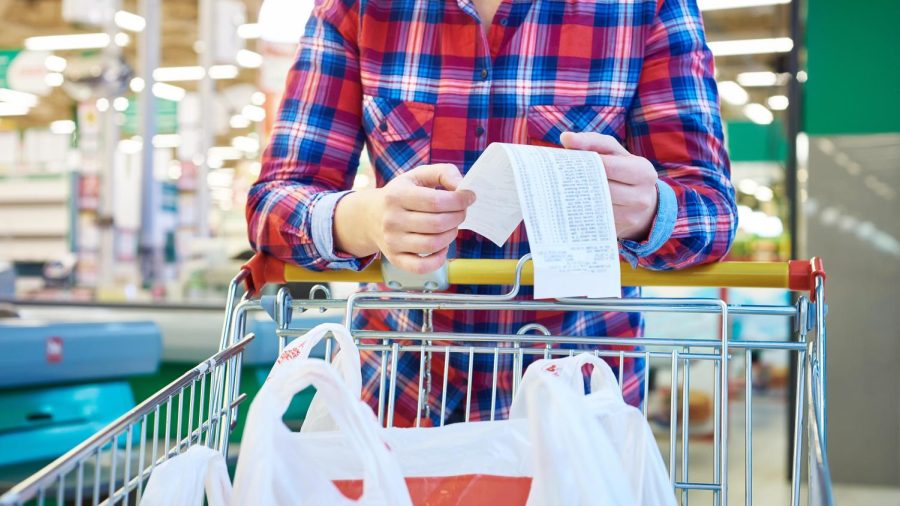A fair percentage of the food that we have on our plates will probably end up in the trash.
For some, food waste could sound like a joke, but it isn’t. For example, 1.3 billion tons of food is thrown away every year. If we combine all this food, we could end world famine. People who have access to food are considered lucky and shouldn’t waste this privilege.
Not throwing food away is a challenge for everyone on Earth. When the food gets discarded, it goes into landfills. When it rots, it produces methane, a gas that contributes to global warming.
To reduce it, more people could start composting with their leftovers. Certain municipalities already use brown bins for that purpose and Québec city is developing its infrastructure to process leftovers.
A big factor in food waste is that people are buying too much. For example, if a product is on sale and people already have that product at home, they might forget this and purchase a new one. This will lead to an expired product and throw it and waste it. You could save a lot of money if you don’t buy products that you already have. “Even if something is only slightly blemished, you’ll find that grocery stores will take it off the shelves because they know it won’t move,” said Eric Oddo, a program manager with the Western Placer Waste Management Authority.
In addition to that, food waste refers to food that is still edible but gets thrown. Some good examples of this could be unsold food at your local grocery stores that look less than perfect and have not even been opened or touched and never will be sold. People usually throw out-of-date products by just looking at the date on the lid, however, some are still good. Next time you throw something because of the expired date, check if it’s bad, you might be surprised.

